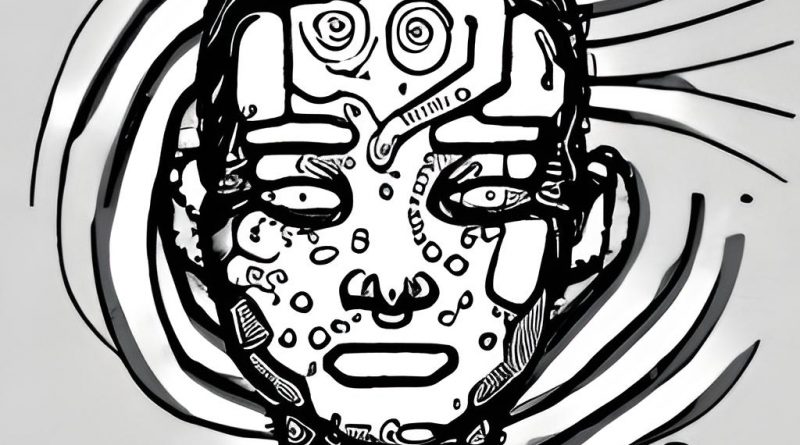Full Moons ancestors beliefs
Did you know Purnima, the full moon day, is considered auspicious in the Hindu Calendar and most devotees observe fast throughout the day and pray to the presiding deity, Lord Vishnu. Only after a whole day of fasting, prayers and a dip in the river do they take light food at dusk. Hindus perform a ‘yagna’ or ‘havan’ on purnima, called the Maha Mritunjaya havan. It is a significant and powerful ritual very simply undertaken. The devotee first takes a bath, cleanses his body and wears clean clothes. He then prepares a bowl of sweet rice and adds to it black sesame seeds, diced ‘kush’ grass, some vegetables and butter. Then he lays the ‘havan kund’ to strike the holy fire. On a designated area, a layer of sand is spread and then a tent-like structure of wooden logs is erected and smeared with ‘ghee’ or clarified butter. The devotee then takes three sips of the Gangajaal or holy water from the river Ganga while chanting “Om Vishnu” and lights the sacrificial fire by placing camphor on the wood. Lord Vishnu, along with other Gods and Goddesses, are invoked, followed by the chanting of the Mritunjaya mantra in honor of Lord Shiva:
Om trayam bakkam, yajaa-mahe
Sugan-dhim pushti-vardhanam,
Urvaa-rooka-miva bandha-naam,
Mrityor mooksheeya maamritaat.
The mantra is ended with “Om Swaahaa.” While uttering “Om swaaha”, a little helping of the sweet rice offering is placed on the fire. This is repeated 108 times. After completion of the ‘havan’ the devotee must ask for forgiveness for any mistakes he has unknowingly committed during the ritual. Finally, another ‘maha mantra’ is chanted 21 times:
Hare Krishna, Hare Krishna,
Krishna, Krishna Hare Hare,
Hare Rama, Hare Rama,
Rama Rama, Hare Hare.
At the end, just as the gods and the goddess were invoked at the onset of the havan, similarly, after its completion, they are requested to return to their abodes.

